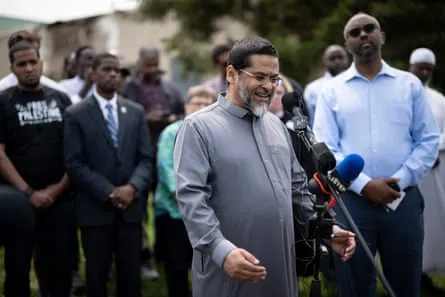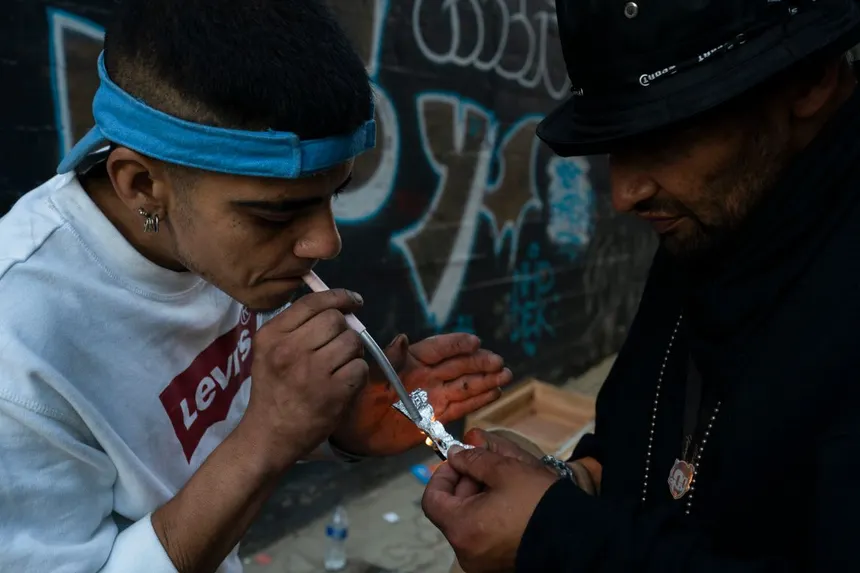MINNEAPOLIS, Minn. — The Minneapolis City Council has unanimously approved a new ordinance expanding the hours during which the Islamic call to prayer, known as the adhan, can be broadcast from the city’s mosques, marking a significant policy change in the nation’s approach to religious expression in public spaces.
Policy Details
Mayor Jacob Frey signed the ordinance into law on Monday, allowing the city’s nearly two dozen mosques to broadcast the adhan five times daily via loudspeakers, including during dawn and late evening hours. The measure took effect Friday following the unanimous city council vote.
The previous city ordinance had restricted amplified religious broadcasts, including the adhan, to hours between 7 a.m. and 10 p.m. The new policy removes these time restrictions, aligning with traditional Islamic prayer schedules that include pre-dawn and evening prayers.
Official Justification
Mayor Frey defended the ordinance by drawing parallels to other established religious practices in American communities. He compared the Islamic call to prayer to the ringing of church bells and the sounding of the Jewish shofar, arguing that religious expression should be treated equally regardless of faith tradition.
“This is about religious equity and ensuring all faith communities have the same opportunities for expression,” Frey stated during the signing ceremony.
Community Impact
Minneapolis is home to one of the largest Somali-American populations in the United States, with significant Muslim communities that have been advocating for expanded religious accommodation. Local Islamic leaders have praised the decision as an important step toward religious inclusion and equality.
The policy change affects approximately 24 mosques throughout the Minneapolis metropolitan area, though individual congregations will determine whether to utilize the expanded broadcasting hours.
National Context
The Minneapolis ordinance comes amid broader national debates about religious accommodation and the role of faith in public life. Similar discussions have emerged in other cities with growing Muslim populations, including debates over prayer facilities, religious dress codes, and holiday recognition.
The policy has drawn attention from religious liberty advocates on multiple sides, with some viewing it as an important protection of minority religious rights while others express concerns about noise ordinances and community standards.
Religious Freedom Perspectives
Constitutional law experts note that the ordinance navigates complex First Amendment considerations, balancing religious free exercise rights with community noise regulations. The Supreme Court has previously ruled that governments cannot discriminate between religions in their policies, requiring equal treatment of different faith traditions.
“The legal framework requires that if one religious tradition is permitted certain accommodations, others must be offered similar opportunities,” explained one constitutional scholar who requested anonymity.
Implementation and Enforcement
City officials have indicated that the new ordinance will be implemented gradually, with mosque leadership working closely with city planners to ensure compliance with existing noise ordinances and community standards. The policy includes provisions for addressing noise complaints through established city channels.
Local police and code enforcement officers have received training on the new ordinance to ensure consistent and appropriate implementation across different neighborhoods and communities.
Political Implications
The policy change has drawn attention beyond Minneapolis, with some observers noting its potential influence on similar discussions in other American cities. The unanimous nature of the city council vote demonstrates broad local political support for the measure.
National political figures have weighed in on the policy, with reactions falling largely along predictable partisan lines regarding religious accommodation and local governance authority.



